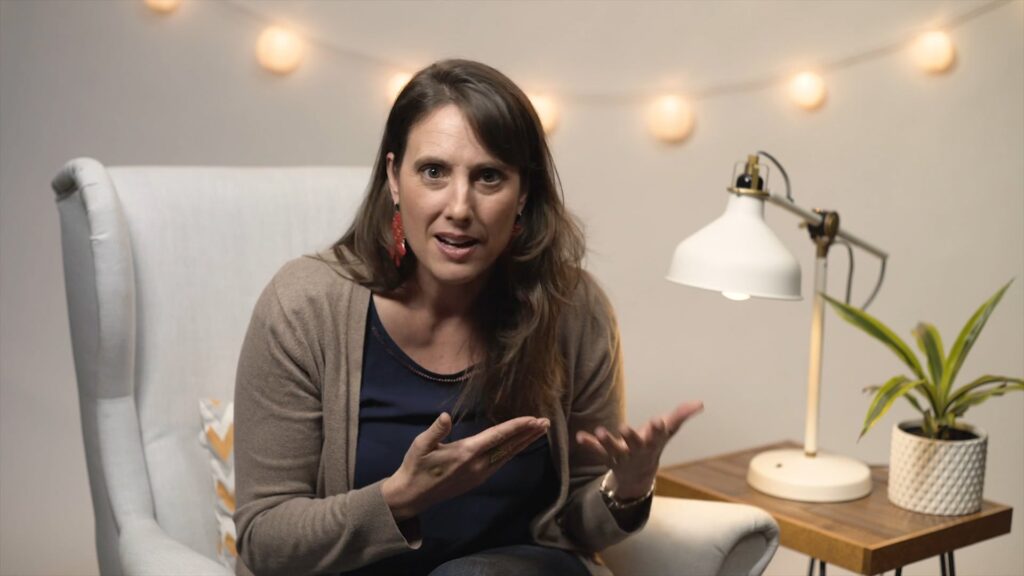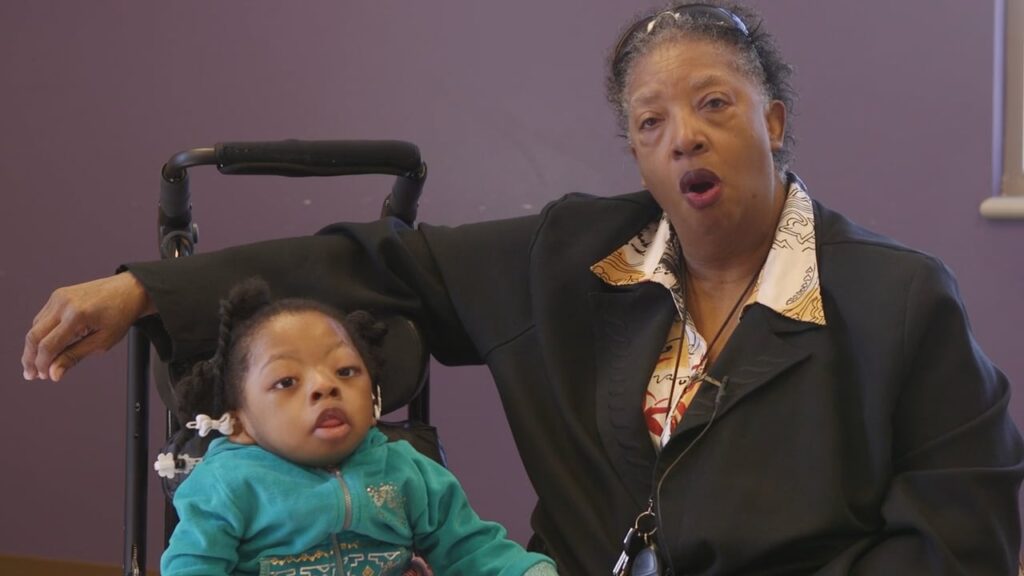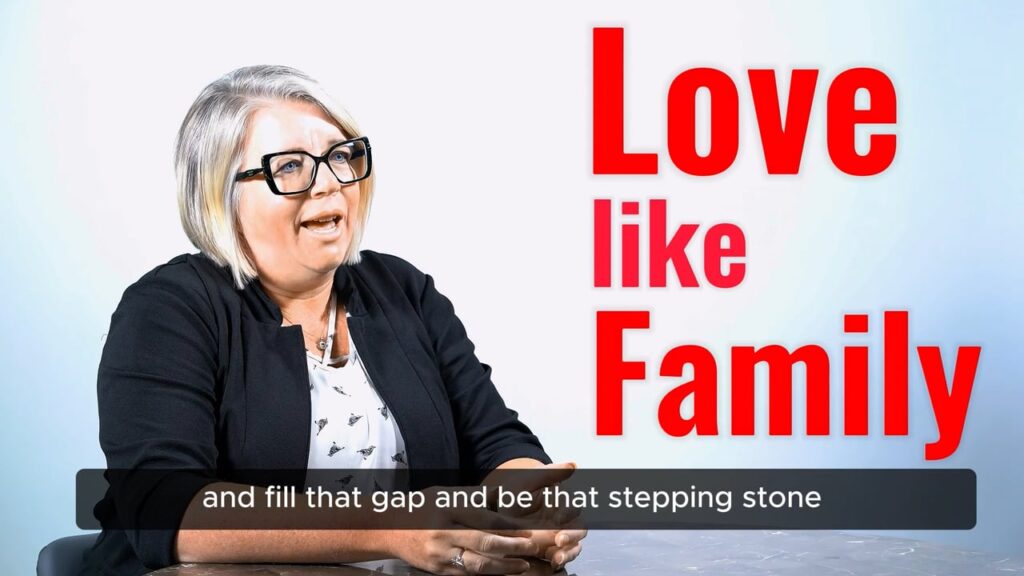
Fostering 101
Thinking about becoming a foster parent? You’re in the right place!
Welcome to Fostering 101! Stepping into foster care is a significant decision. It can be intimidating, but it can be life changing. We’re here to walk with you through this journey. You are not alone.

Learn more about foster care in Arkansas:





